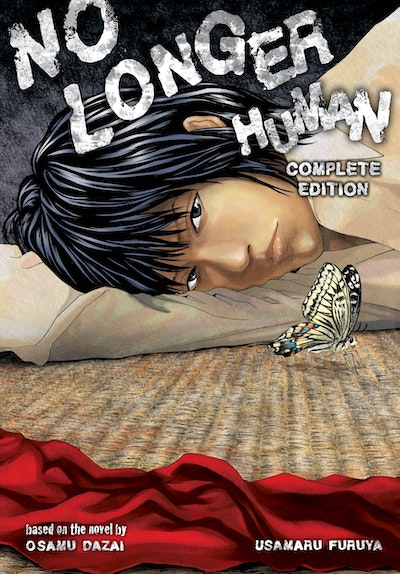

They generally don’t appeal to me because they’re often flat emotionally, lack nuance, and rely on too much shock value. This is one of those “I eat edge for breakfast, too dEeP for me, and there’s no hope in humanity” stories.

The grittiness and Oba could have been handled better. But the way Oba is portrayed it's hard to feel sympathy for him. Oba's supposed to be a mirror to society of how easily someone can fall into the outcast role despite money, good looks, and connections. I saw this on display at the library, but it was a waste of time. “Perhaps, I’d be better off in jail than spending every night groaning in a sleepless agony, terrified of human beings.”Sorry to dude who has to live a façade to be likable, but nah.

So I am quite interested in reading the novel and Ito’s manga the trio offers a really cool opportunity to explore adaptation. Needless to say, I’m not too equipped to assess this book. I was moved by the climax and the author’s afterword.īut take everything I’ve said with a grain of salt, because I’m reviewing an adaptation, not the source material, without having read the source material. The + in the D+ is because the ending is strong. It’s one of those classics that I didn’t enjoy or connect to but offers a fascinating and deeply political glimpse into the mind of its audience, in the same way of a book like Fight Club (which I actually enjoyed and connected to, mostly). Yet, if we’re to read this book as a condemnation of his character, or at least as a tragedy of his lost potential, which is anyone’s lost potential, then isn’t this story quite powerful? Isn’t it powerful nonetheless because it has made such an impact for a 75 years? What people are relating to is a sexist, entitled, probably clinically depressed asshole who gets so self-absorbed and nihilistic that he reaches absolute despair. But the fact of the matter is that this wouldn’t be a classic story if people didn’t relate to it.

You’re not supposed to like the horrible narrator or necessarily be on board with the worldview presented here. The novel is a significant contribution to misanthropic literature, something I care a lot about. I’ve assigned this story a lot of weight because its source material is a classic, and Junji Ito adapted it into a manga before Usamaru Furuya.


 0 kommentar(er)
0 kommentar(er)
